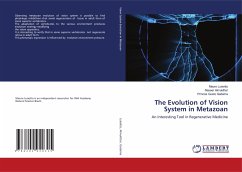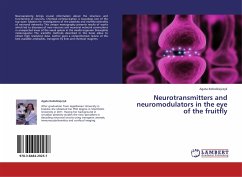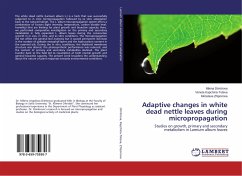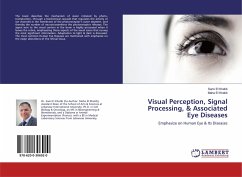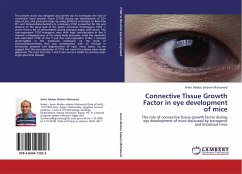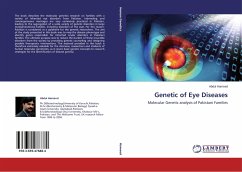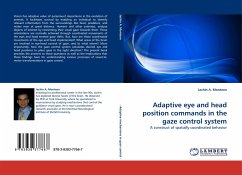
Adaptive eye and head position commands in the gaze control system
A construct of spatially coordinated behavior
Versandkostenfrei!
Versandfertig in 6-10 Tagen
32,99 €
inkl. MwSt.

PAYBACK Punkte
16 °P sammeln!
Vision has adaptive value of paramount importance in the evolution of animals. It facilitates survival by enabling an individual to identify relevant information from the surroundings like food, predators, and mates even at great distance. Humans and other primates, analyze objects of interest by reorienting their visual gaze towards them. These orientations are normally achieved through coordinated movements of the eyes and head termed gaze shifts. But, how are these coordinated movements of the eye and head implemented? What areas of the brain are involved in eye-head control of gaze, and to...
Vision has adaptive value of paramount importance in the evolution of animals. It facilitates survival by enabling an individual to identify relevant information from the surroundings like food, predators, and mates even at great distance. Humans and other primates, analyze objects of interest by reorienting their visual gaze towards them. These orientations are normally achieved through coordinated movements of the eyes and head termed gaze shifts. But, how are these coordinated movements of the eye and head implemented? What areas of the brain are involved in eye-head control of gaze, and to what extent? More importantly, how the gaze control system calculates desired eye and head positions to place gaze in the right direction? The present book provides the answers to those questions as well as the implications that these findings have for understanding various processes of visual-to-motor transformations in gaze control.



